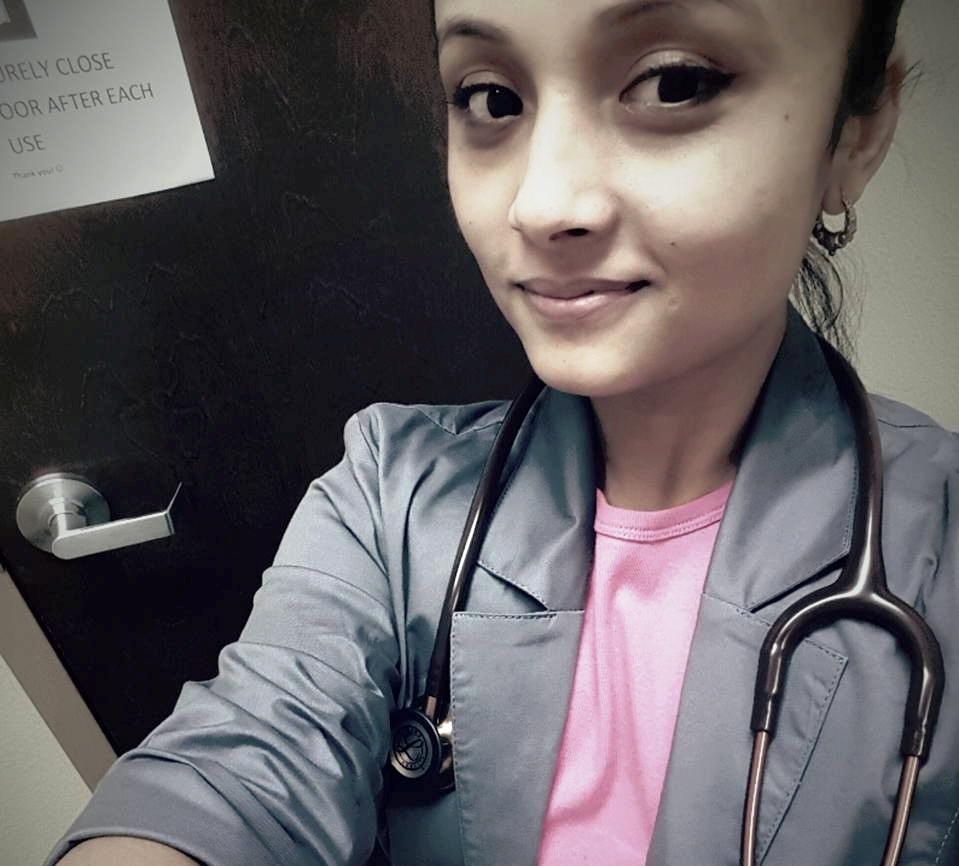-Megha Shrestha ( Nepalese Nurse in U.S.A.)
I am going to share some practices with all the health care workers to prevent the spread of highly contagious virus-like COVID-19. I want to declare this is based on practice and not evidence-based or researched. This is not intended to be used as medical advice or guidance.
First and foremost, wash your hands all the time. For 20 seconds. Sing your favorite song while doing so. Do not touch your face. The virus is transmitted if a person touches an infected surface and then touches his or her eyes, nose, or mouth. Droplets typically do not travel more than six feet (about two meters) and do not linger in the air.
Okay now let’s talk about going to work, what can we do at work and what can we do to prevent the germs from coming to our home. Also, if you are a health professional and you feel any of your rights are violated, you can consult Rocky Mountain Healthcare Law. This law firm will help all healthcare workers, including doctors, nurses, and other healthcare professionals to maintain, build, and protect their careers and practices.
The new norm of the nurse during COVID pandemic:
I usually work three days a week 12 hours shifts; I like to prepare for work the night before.
- Get ready for work mentally and physically:
It is essential to eat healthy and immune-boosting food. Pack your lunch. Include healthy snacks like nuts, fruits, and vegetables. Hydration is key. So, I like to carry a big water bottle; I add fresh ginger and lemon to my water and drink that throughout the day. I usually pack my scrubs and a few essentials in a bag pack along with my lunch and have it ready for the morning of my shift. I usually do not like to wear jewelry and makeup; jewelry can get caught on to things like masks and gown and makeup can clog the masks.
- Arrive at work:
As soon as I arrive at work, I wash my hands and change into my scrubs and work shoes. At work, we have a common work area (nurses’ station) I clean my work surface which includes keypads and surfaces with disinfectant wipes before and after use and throughout the day and if you have a traveling nurse jobs it is much difficult for you to disinfect your station. I wash my hands for 20 seconds in between patient care. It is very important to don on and off PPE properly. Studies have shown that cross-contamination occurs when clinicians don’t follow the guidelines of donning and doffing process. Follow WHO or CDC guidelines. At work currently, we are trying to work 6 feet away from each other as well. Maintaining a safe distance, we laugh, joke with each other. We support each other and work as a team.
- Time to leave work:
Okay, 12 hours have gone by. I wipe my badge, pens, stethoscope, and cellphone after the end of the shift, and put everything in my locker except my cell phone. Then, more handwashing and changing into different clothes. I put the scrubs I wore all day in a plastic bag, change my work shoes (leave work shoes at work) and bring my dirty scrub home to be washed. When I am exiting the hospital, I remember to not touch commonly touched surfaces like doorknobs and elevator buttons. I tend to always take the stairs. If I take the staircase, I minimize touching the rails. Right at the exit door, I use an alcohol hand sanitizer to rub it for 20 seconds then push the door open with my elbow.
- In the car:
I usually keep disinfectant wipes in my care and wipe down all the surfaces I touch with wipes before I hop in. COVID can live up to three days in plastic and metal surfaces. I put my dirty scrub in the truck of my care and drive home.
- Arrive home:
Okay, now I am home! My dog is eagerly waiting to say hello, but I cannot risk getting my dog or my loved ones sick so I directly hop into the shower and take a warm, almost hot shower so no germs are coming with me to bed. The warm shower also relaxes me and aids in falling asleep. After that I again, wipe down the doorknobs I touch and wash my dirty scrub in hot water and leave my shoes in the garage. Now its time to say hello to my family, play a round of fetch with my dog Lux. and have something to eat.
- Relax, rewind and reflect on the day:
In bed, I try to remember three positive things that happened during the day. Sometimes I meditate and fall asleep. It is important to get enough sleep for 7-8 hours. Sleep is key to boosting your immune system.


